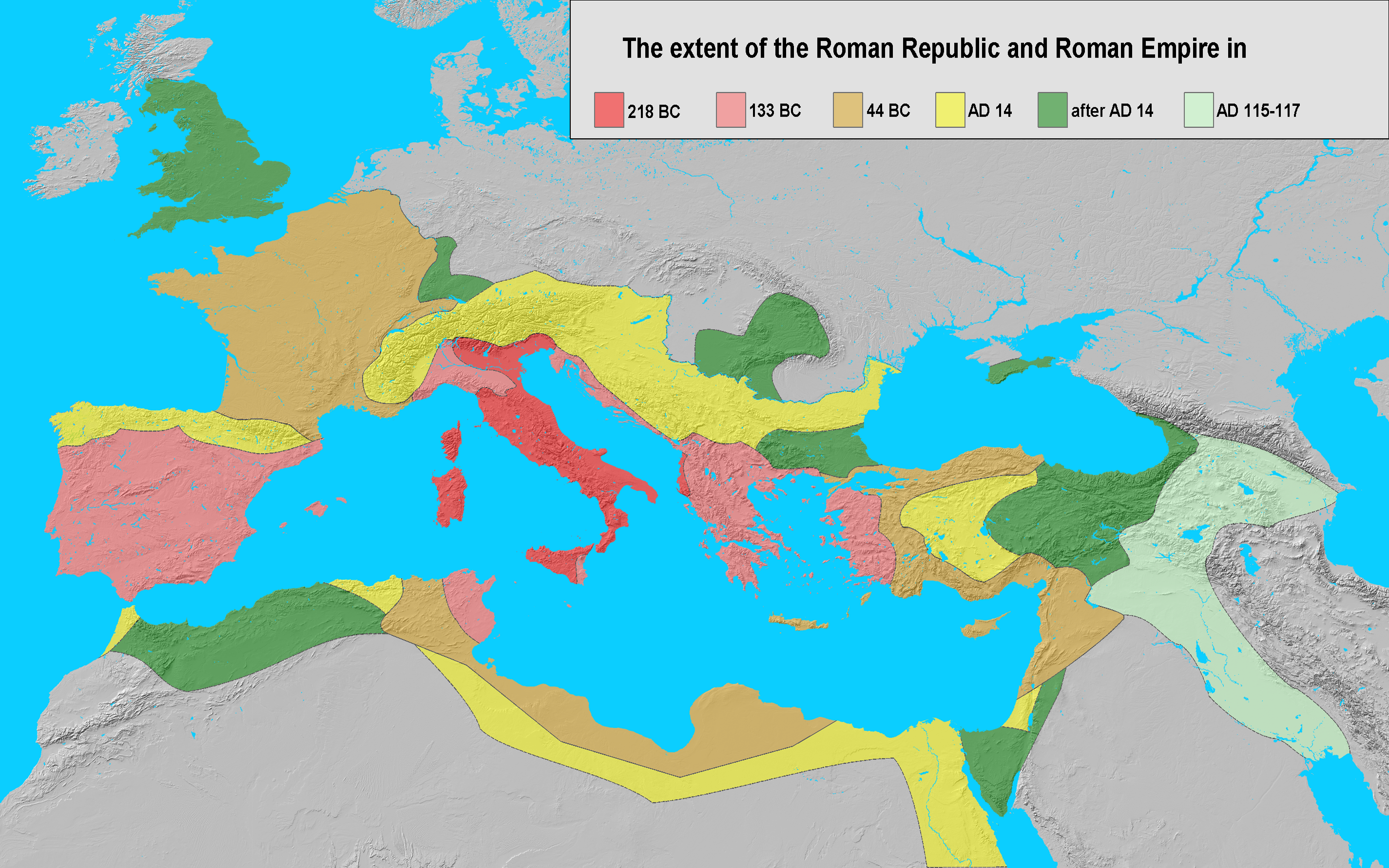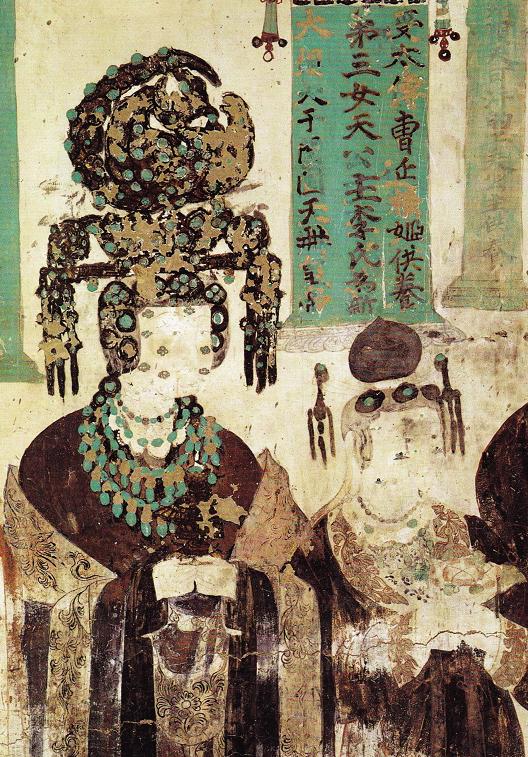|
133 BC
__NOTOC__ Year 133 BC was a year of the pre-Julian Roman calendar. At the time it was known as the Year of the Consulship of Scaevola and Frugi (or, less frequently, year 621 ''Ab urbe condita'') and the Second Year of Yuanguang. The denomination 133 BC for this year has been used since the early medieval period, when the Anno Domini calendar era became the prevalent method in Europe for naming years. Events By place Roman Republic * Lucius Calpurnius Piso Frugi, as consul, is sent against the slaves in Italy. Gaius Marius serves under Publius Cornelius Scipio Aemilianus at Numantia. * Scipio Aemilianus captures Numantia, after a siege of eight months, suffering famine and pestilence. The remnant population of 4,000 citizens, surrender and set their city on fire. Thus ends the Numantine War. * Tiberius Sempronius Gracchus, is elected tribune of the people. He attempts to pass a law to redistribute the public land to benefit small landowners. Opposed by wealthier fac ... [...More Info...] [...Related Items...] OR: [Wikipedia] [Google] [Baidu] |
Extent Of The Roman Republic And The Roman Empire Between 218 BC And 117 AD
Extent may refer to: Computing * Extent (file systems), a contiguous region of computer storage medium reserved for a file * Extent File System, a discontinued file system implementation named after the contiguous region * Extent, a chunk of storage space logical volume management uses internally to provide various device mappings * Extent, in computer programming, is the period during which a variable has a particular value Other * Extent, a technical description of the wingspan of a bird, bat, or other flying animal * Extent, a writ allowing a creditor to seize or assume temporary ownership of a debtor's property; also, the actual seizure in its execution * Map extent, the portion of a region shown in a map See also * Extant (other) Extant is the opposite of the word extinct. It may refer to: * Extant hereditary titles * Extant literature, surviving literature, such as ''Beowulf'', the oldest extant manuscript written in English * Extant taxon, a taxon which i ... [...More Info...] [...Related Items...] OR: [Wikipedia] [Google] [Baidu] |
Tribune
Tribune () was the title of various elected officials in ancient Rome. The two most important were the tribunes of the plebs and the military tribunes. For most of Roman history, a college of ten tribunes of the plebs acted as a check on the authority of the senate and the annual magistrates, holding the power of ''ius intercessionis'' to intervene on behalf of the plebeians, and veto unfavourable legislation. There were also military tribunes, who commanded portions of the Roman army, subordinate to higher magistrates, such as the consuls and praetors, promagistrates, and their legates. Various officers within the Roman army were also known as tribunes. The title was also used for several other positions and classes in the course of Roman history. Tribal tribunes The word ''tribune'' is derived from the Roman tribes. The three original tribes known as the ''Ramnes'' or ''Ramnenses'', ''Tities'' or ''Titienses,'' and the ''Luceres,'' were each headed by a tribune, who rep ... [...More Info...] [...Related Items...] OR: [Wikipedia] [Google] [Baidu] |
Will (law)
A will or testament is a legal document that expresses a person's (testator) wishes as to how their property ( estate) is to be distributed after their death and as to which person ( executor) is to manage the property until its final distribution. For the distribution (devolution) of property not determined by a will, see inheritance and intestacy. Though it has at times been thought that a "will" historically applied only to real property while "testament" applied only to personal property (thus giving rise to the popular title of the document as "last will and testament"), the historical records show that the terms have been used interchangeably. Thus, the word "will" validly applies to both personal and real property. A will may also create a testamentary trust that is effective only after the death of the testator. History Throughout most of the world, the disposition of a dead person's estate has been a matter of social custom. According to Plutarch, the written will was ... [...More Info...] [...Related Items...] OR: [Wikipedia] [Google] [Baidu] |
Pergamon
Pergamon or Pergamum ( or ; grc-gre, Πέργαμον), also referred to by its modern Greek form Pergamos (), was a rich and powerful ancient Greece, ancient Greek city in Mysia. It is located from the modern coastline of the Aegean Sea on a promontory on the north side of the river Caicus (modern-day Bakırçay) and northwest of the modern city of Bergama, Turkey. During the Hellenistic period, it became the capital of the Kingdom of Pergamon in 281–133 BC under the Attalid dynasty, who transformed it into one of the major cultural centres of the Greek world. Many remains of its monuments can still be seen and especially the masterpiece of the Pergamon Altar. Pergamon was the northernmost of the seven churches of Asia cited in the New Testament Book of Revelation. The city is centered on a mesa of andesite, which formed its acropolis. This mesa falls away sharply on the north, west, and east sides, but three natural terraces on the south side provide a route up to th ... [...More Info...] [...Related Items...] OR: [Wikipedia] [Google] [Baidu] |
Attalus III
Attalus III ( el, Ἄτταλος Γ΄) Philometor Euergetes ( – 133 BC) was the last Attalid king of Pergamon, ruling from 138 BC to 133 BC. Biography Attalus III was the son of king Eumenes II and his queen Stratonice of Pergamon, and he was the nephew of Attalus II, whom he succeeded. "Philometor Euergetes" means "Loving-his-Mother, Benefactor" in Greek; he was so-called because of his close relationship with his mother Stratonice. He is the likely addressee of a fragmentary hymn by the poet Nicander which celebrates his heritage. According to Livy, Attalus III had little interest in ruling Pergamon, devoting his time to studying medicine, botany, gardening, and other pursuits. He had no male children or heirs of his own, and in his will (law), will he left his kingdom to the Roman Republic, believing that if he did not then Rome would take the kingdom anyway and this way would avoid bloodshed.Asimov, I. and F. White, ''The March of the Millennia'' (1991), p. 74 Tiberi ... [...More Info...] [...Related Items...] OR: [Wikipedia] [Google] [Baidu] |
Wu Of Han
Emperor Wu of Han (156 – 29 March 87BC), formally enshrined as Emperor Wu the Filial (), born Liu Che (劉徹) and courtesy name Tong (通), was the seventh emperor of the Han dynasty of ancient China, ruling from 141 to 87 BC. His reign lasted 54 years – a record not broken until the reign of the Kangxi Emperor more than 1,800 years later and remains the record for ethnic Chinese emperors. His reign resulted in a vast expansion of geopolitical influence for the Chinese civilization, and the development of a strong centralized state via governmental policies, economical reorganization and promotion of a hybrid Legalist–Confucian doctrine. In the field of historical social and cultural studies, Emperor Wu is known for his religious innovations and patronage of the poetic and musical arts, including development of the Imperial Music Bureau into a prestigious entity. It was also during his reign that cultural contact with western Eurasia was greatly increased, directly a ... [...More Info...] [...Related Items...] OR: [Wikipedia] [Google] [Baidu] |
Heqin
''Heqin'', also known as marriage alliance, refers to the historical practice of Chinese monarchs marrying princesses—usually members of minor branches of the ruling family—to rulers of neighboring states. It was often adopted as an appeasement strategy with an enemy state that was too powerful to defeat on the battlefield. The policy was not always effective. It implied an equal diplomatic status between the two monarchs. As a result, it was controversial and had many critics. Lou Jing (, later granted the imperial surname Liu 劉), the architect of the policy, proposed granting the eldest daughter of Emperor Gaozu of Han to the Modu Chanyu of the Xiongnu. His proposal was adopted and implemented with a treaty in 198BC, following the Battle of Baideng two years prior. Wang Zhaojun, of the Han dynasty, and Princess Wencheng, of the Tang dynasty, are among the most famous heqin princesses. The 20th-century scholar Wang Tonglin praised heqin for facilitating the "melting of ra ... [...More Info...] [...Related Items...] OR: [Wikipedia] [Google] [Baidu] |


_-_Turkey_-_10_(5747249729).jpg)

